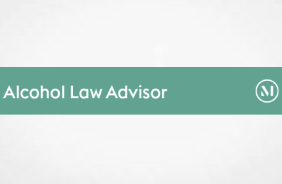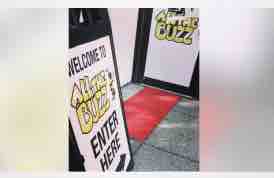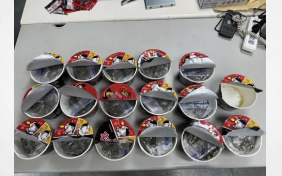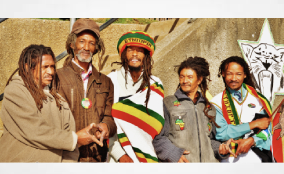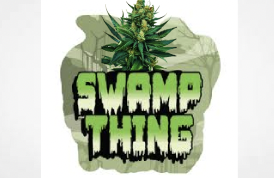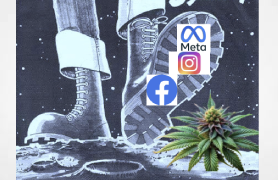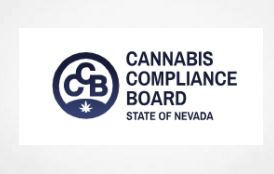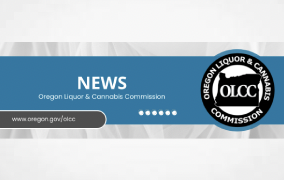4 March 2014
Nonalcoholic beverages infused with delta-9 tetrahydrocannabinol (THC) derived from hemp (aka intoxicating hemp beverages) are becoming increasingly popular for consumers looking for an alternative to alcohol.
With major alcohol retailers like Total Wine entering the cannabis space, alcohol beverage producers may be looking for opportunities to leverage their existing experience in manufacturing, marketing and distributing alcohol beverages towards the emerging intoxicating hemp beverage market. While intoxicating hemp beverages are arguably legal pursuant to the Agriculture Improvement Act of 2018 (2018 Farm Bill), risks remain under federal and state food and drug laws. Accordingly, beverage producers looking to enter this emerging market should become familiar with the ambiguities involved.
Federal Treatment of Intoxicating Hemp Beverages
The 2018 Farm Bill removed hemp, defined as cannabis (Cannabis sativa L.) and derivatives of cannabis with extremely low concentrations of delta-9 THC (specifically, no more than 0.3 percent THC on a dry weight basis), from the definition of “marijuana” in the Controlled Substances Act. The federal government defines hemp as “the plant Cannabis sativa L. and any part of that plant, including the seeds thereof and all derivatives, extracts, cannabinoids, isomers, acids, salts, and salts of isomers, whether growing or not, with a delta-9 tetrahydrocannabinol concentration of not more than 0.3 percent on a dry weight basis.” Accordingly, products that meet the definition of “hemp” may be marketed and sold in the United States and are no longer classified under federal law as illegal drugs.
How Is Hemp Regulated?
Under the 2018 Farm Bill, the US Department of Agriculture (USDA) has been assigned to regulate hemp production.
However, any hemp-derived foods, including beverages, are subject to regulation by the US Food & Drug Administration (FDA) under the Food, Drug, and Cosmetics Act (FDCA). While the FDA has largely avoided enforcement actions against such products, focusing most of its efforts on products making unsubstantiated medical and therapeutic claims, it has clearly concluded that it is a prohibited act under federal law to introduce any food in the market to which THC or cannabidiol (CBD) has been added. Therefore, the risk of federal enforcement remains until the agency changes its stance towards THC as a beverage additive.
State Regulation
While the federal government has been inactive in this space, the legal status of intoxicating hemp beverage products varies significantly by state. On the one hand, several states, including Minnesota, have expressly legalized the inclusion of hemp-derived cannabinoids in beverage products, with clear regulations regarding testing, labeling, advertising and more. On the other hand, some states have legalized hemp beverage products but lack a robust regulatory framework – leading to a mostly unregulated, laissez-faire market.
Further, many states fall into a grey area when it comes to the legality of such products. Some of these states have legalized hemp along the lines of the 2018 Farm Bill but have not officially opined on whether it can be added to beverage products, while others do not mention hemp products at all. A subset of states has expressly legalized hemp in beverages, as long as it complies with federal guidance, which currently does not affirmatively allow hemp to be used as a beverage additive.
One of the most extreme measures taken by state officials to ban hemp from beverage products is currently underway in South Carolina. The state’s Department of Health and Environmental Control (DHEC) recently issued a letter to the hemp industry warning that certain hemp products are not approved to be added to beverage products, including delta-9 THC.
In its letter, the DHEC also ruled that labels and packaging may not contain references to “THC,” “CBD” or “delta-9” products, or isolates, as this implies the product is no longer a food item but is a drug and is unlawful.
This new guidance is far from outlawing cannabinoids in beverages, but it affects a growing industry that has already been promoting intoxicating hemp beverages in the state. Indeed, some beverage manufacturers in South Carolina have been forced to halt production, citing confusion over the new labeling and packaging requirements. This demonstrates how the legal landscape around intoxicating hemp beverages can change rapidly.
Finally, it is important to note that even states that expressly allow and regulate THC-infused beverage products fall into a grey area when we consider the current state of federal regulations. Until Congress acts or the FDA changes its stance towards THC as a beverage additive, we will continue seeing a patchwork of different approaches.
[View source.]
Source JD Supra
https://www.jdsupra.com/legalnews/navigating-hemp-thc-beverages-1962072/
